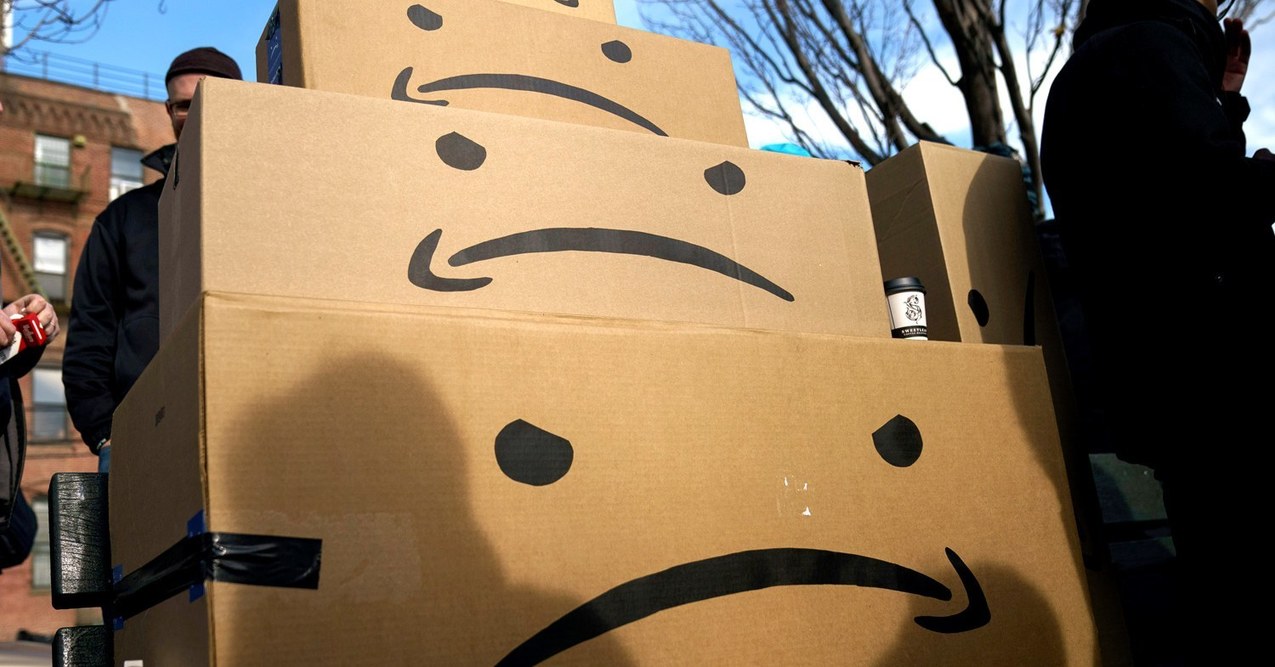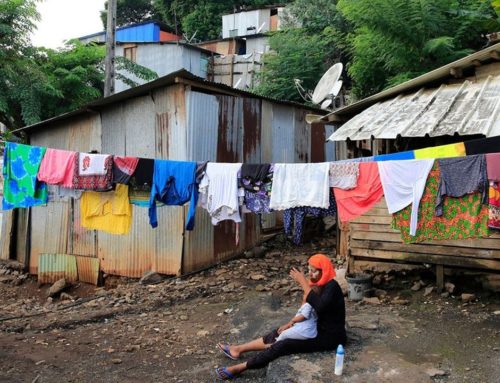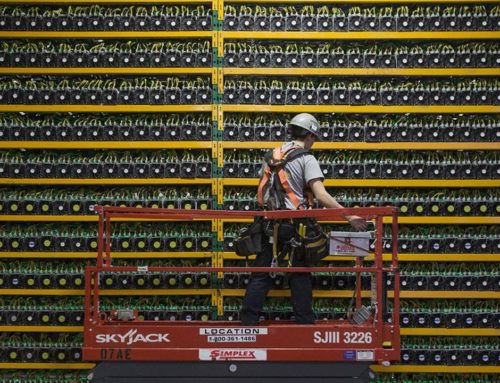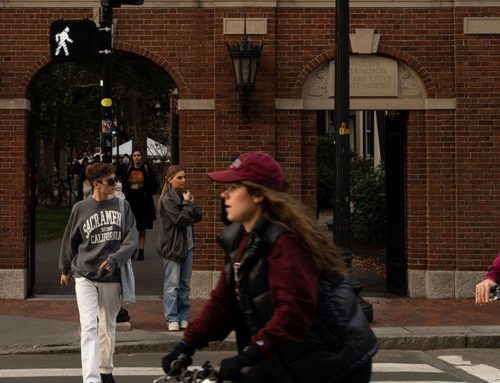With the rise of anti-plutocratic populism, Amazon is the first major casualty of what is sure to be an escalating conflict. Its decision to terminate its planned expansion in the Queens neighborhood of Long Island City will be bad for New York City, bad for Amazon, and not so great for a national economic system that will need all of the investment and innovation it can get in the years ahead. Everyone will survive, but this surge of economic NIMBY-ism will make no one richer, no one more economically secure, and will not advance the vital cause of expanding opportunities and meeting the needs of neighborhoods and communities that require more—and not less—investment.
The decision by Amazon to discontinue its plans was the product of months of building opposition from a loose coalition of New Yorkers, including a state senator who was appointed to the commission that could have thwarted Amazon’s expansion, labor leaders demanding a more receptive approach to the unionizing of Amazon workers, and, of course, new elected congressmember Alexandria Ocasio-Cortez, who tweeted triumphantly, “Anything is possible: today was the day a group of dedicated, everyday New Yorkers & their neighbors defeated Amazon’s corporate greed, its worker exploitation, and the power of the richest man in the world.”
As many have now noted, Amazon should have been prepared for the rough-and-tumble world of New York politics, and the company was not. In New York, nothing is easy when it comes to cobbling together constituencies that speak with the cacophony of many voices. Brad Stone, one of the leading Amazon watchers, observed that in deciding not to engage in the nitty-gritty of city politics, Amazon’s CEO, Jeff Bezos, did what he always does when faced with resistance—by “belligerently confronting opposition he views as unfair or unjust.” Rather than wooing New York, Bezos responded with an all too New York F-you.
Sourced through Scoop.it from: www.wired.com







Leave A Comment